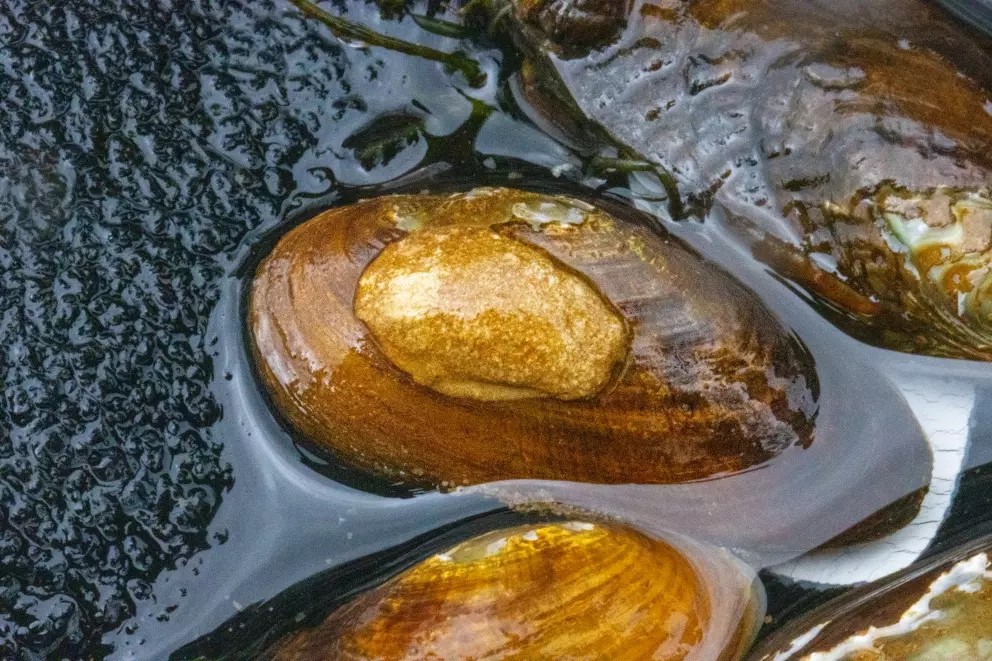
The U.S. Fish and Wildlife Service is performing status reviews of several dozen endangered or threatened plants and animals in the Southeast.
These reviews are mandated by the Endangered Species Act, a law passed in 1973 to prevent extinctions — which has been successful for 99% of listed species, according to one study.
Recovery times vary, and the agency reports further declines in the populations for many Southeaterm species, some of which were listed as far back as the 1970s.
The Cumberland darter, a small, ray-finned fish, has been disappearing from streams. It is now spotted in just 17 streams in Tennessee and Kentucky and concentrated in the Daniel Boone National Forest. It was listed in 2011.
Many streams become degraded from urban and agricultural runoff, like eroding soils, herbicides and fertilizers. Sediment is the most common pollutant, with the most concentrated releases coming from construction activities. Sediment releases into streams can also be caused by extractive industries, including natural gas drilling, coal mining and logging, according to the wildlife service.
The Coosa moccasinshell is a tiny mussel, only 2 inches long, that is native to Alabama, Georgia and Tennessee. The endangered mussel has disappeared from several rivers and now persists in only a few streams. It was first listed in 1993.
The hairy rattleweed is an extremely rare plant with yellow flowers, found in just two counties in Georgia. Most of its habitat was cleared for pine plantations, which are used for construction and paper-product industries. It was listed in 1978.
Plant species under review in Tennessee are the Blue Ridge goldenrod, Spring Creek bladderpod, Morefield’s leather-flower and ground-plum plant.
Several other fish in Tennessee are under review, including the trisomy darter, Chucky madtom, and smoky madtom, along with 10 other mussels — the ovate clubshell, southern clubshell, fanshell, triangular kidneyshell, Alabama moccasinshell, oyster mussel, southern pigtoe, pink ring and finelined pocketbook.
The agency is collecting public comment until July 10.

